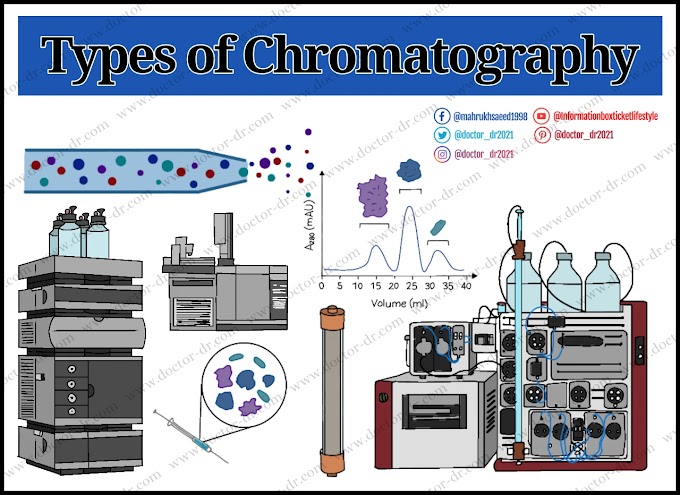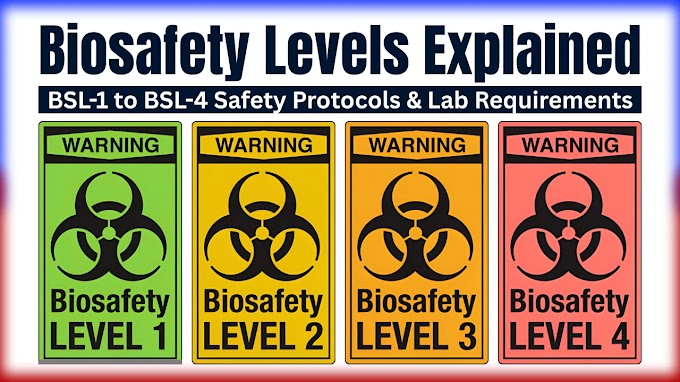The U.S. Food and Drug Administration (FDA) has approved the first gene therapy for children with Duchenne muscular dystrophy, a degenerative muscle disease. The therapy is currently approved for use in 4- and 5-year-olds. Duchenne muscular dystrophy is caused by mutations in the dystrophin gene, which leads to a lack of a protein that helps keep muscle cells intact. The approved gene therapy involves a shortened form of the dystrophin gene, called microdystrophin, which produces a smaller version of the protein. The therapy uses harmless viruses to deliver the shortened gene to muscle cells.
The approval of this gene therapy is considered groundbreaking because it targets the underlying cause of the disease. However, it's important to note that while the therapy has been shown to produce the shortened dystrophin protein in children, further clinical trials are needed to determine its effectiveness in restoring muscle function. The results of these trials are expected to be available in the fall. Depending on the trial outcomes, the therapy's approval status may change, either expanding its use to other age groups or potentially withdrawing it from the market.
It's worth mentioning that other companies, such as Pfizer and Solid Biosciences, are also developing gene therapies based on shortened dystrophin genes to treat Duchenne muscular dystrophy.



~1.webp)

.webp)


